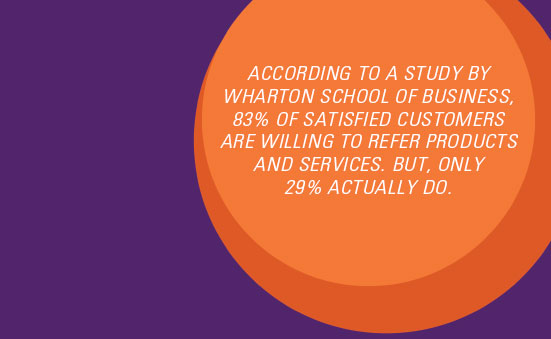Which of the following types of people would you prefer to have in greater numbers working with your business?
A. Happy, Low Performers
B. Unhappy, Low Performers
C. Unhappy, High Performers
D. Happy, High Performers
E. All of the above.
The obvious preference would be “D.” Makes sense as mounting evidence suggests that happy, high-performing workforces correlate with greater employee satisfaction, customer loyalty, profits and productivity.
One of my favorite books is All In by Adrian Gostick and Chester Elton. It says productivity is driven by the equation E+E+E. The Es stand for engaged, enabled and energized. Engaged means the employee is attached to the company and willing to put forth extra effort. Enabled means that the company environment supports the employee’s productivity and performance. Energized means that the employee feels a sense of well-being and drive.
Yale psychologist, Amy Wrzesniewski, interviewed hundreds of workers in all professions and found that people have one of three work “orientations” or mindsets:
- They see work as being a “job” or a chore and use the paycheck
as its reward. - They approach work as a “career” and strive to advance and succeed.
- They see their work as a “calling” and find work fulfilling because it gives them feelings of meaning and purpose.
Wrzesniewski then showed that people with a calling will work harder and longer simply because their jobs are rewarding.
After reading all of this, the conclusion is simple: we need happy, rewarded, engaged, enabled and energized workers if we want them to be the high-performing type that result in greater productivity and profits for our businesses.
But wait. According to Deloitte University Press, up to 87.7 percent of America’s workforce is not able to contribute to their full potential because they don’t have passion for their work. Less than 12.3 percent of America’s workforce possesses the attributes of worker passion. This “passion gap” is important because passionate workers are committed to continually achieving higher levels of performance.
So passion truly matters, and here are three ways to find and support it in your team:
1) Look for where your preconceived notions about the profile of a passionate worker are stopping you from identifying talent both externally and internally. Passionate workers come from all age groups, educational levels and backgrounds.
2) Recognize that passionate workers out earn and outperform their peers because of their internal drive for sustained learning and performance improvement. Take risks to cultivate these dispositions, and passionate workers will take risks for you in return.
3) Cultivation of passionate workers internally is probably the most effective way to increase the proportion of passionate workers in your organization. Organizations should evaluate their work environments to understand where they cultivate or discourage passion.

